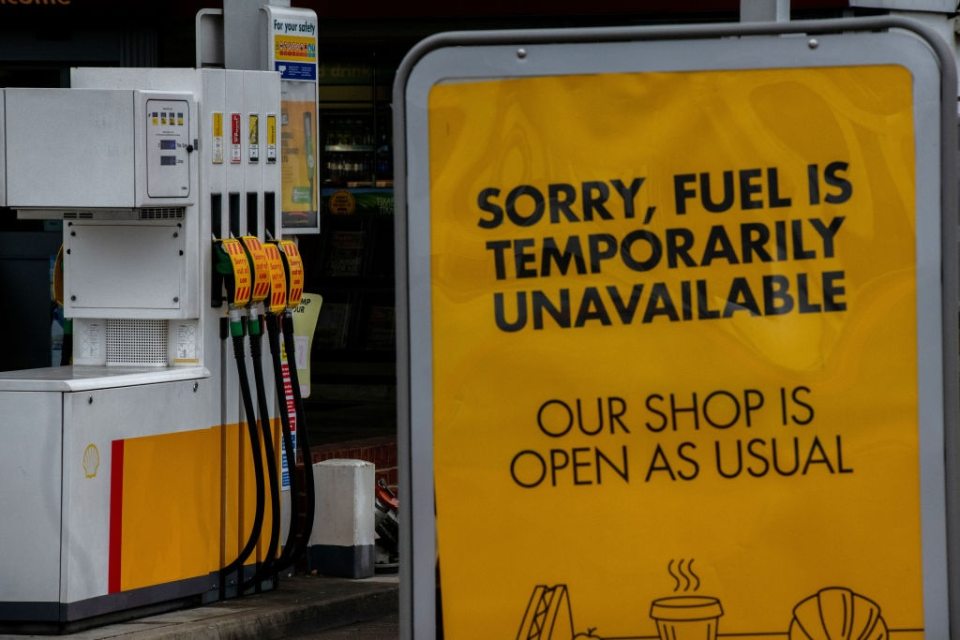Fuel Power: Ministers could gain control of downstream oil amid petrol price crisis

A cross-party group of MPs has conditionally backed a government bill giving ministers control over the downstream oil industry.
The Business, Energy and Industrial Strategy (BEIS) committee has lent its support to government plans allowing ministers to take control of importing, storing and supplying petroleum products in the UK.
Powers include the right to request key financial information from oil refiners potentially facing insolvency, and the ability to direct companies to send oil to areas or industries most desperate for supply.
This follows continued fuel shortages worldwide, and record prices at the pumps across domestic petrol stations.
The government says it wants to reduce disruption to supply chains if the economy faces serious disruptions as the country shifts toward renewable energy sources.
The measures would also empower ministers to step in if the petrol crisis escalates this winter.
The committee has published a report explaining its support for the proposals – alongside its recommended changes.
It sympathises with the government’s arguments that existing laws prevent ministers from acting pre-emptively in times of crisis.
However, the committee also believes the draft bill is “unusually and unacceptably broad” and contains too much “vagueness” concerning the use of powers.
Committee chair Darren Jones MP, suggests the use of ministerial powers to dictate the operations of downstream oil companies should only be a last resort measure.
This has not been specifically outlined in the current draft of the Downstream Oil Resilience Bill.
He said: “The bill should be revised to include more detail about why, when and how these new powers would be used to ensure the legislation achieves what it sets out to do to ensure resilience in the downstream oil supply chain.”
The BEIS department told City A.M. the bill is not specifically meant as a solution to the petrol price crisis, and that the government will use all powers set out in the bill “proportionately”.
A spokesperson said: “We remain committed to ensuring that the United Kingdom has a secure and reliable energy supply. The Downstream Oil Resilience Bill will ensure that critical services, such as fire engines, ambulances and police vehicles, can continue to receive the fuel on which they rely.”
The draft version of the bill was published in June 2021.
No time frame exists for its approval in the House of Commons, with the bill yet to be debated on the green benches by MPs as it is still undergoing pre-legislative scrutiny.